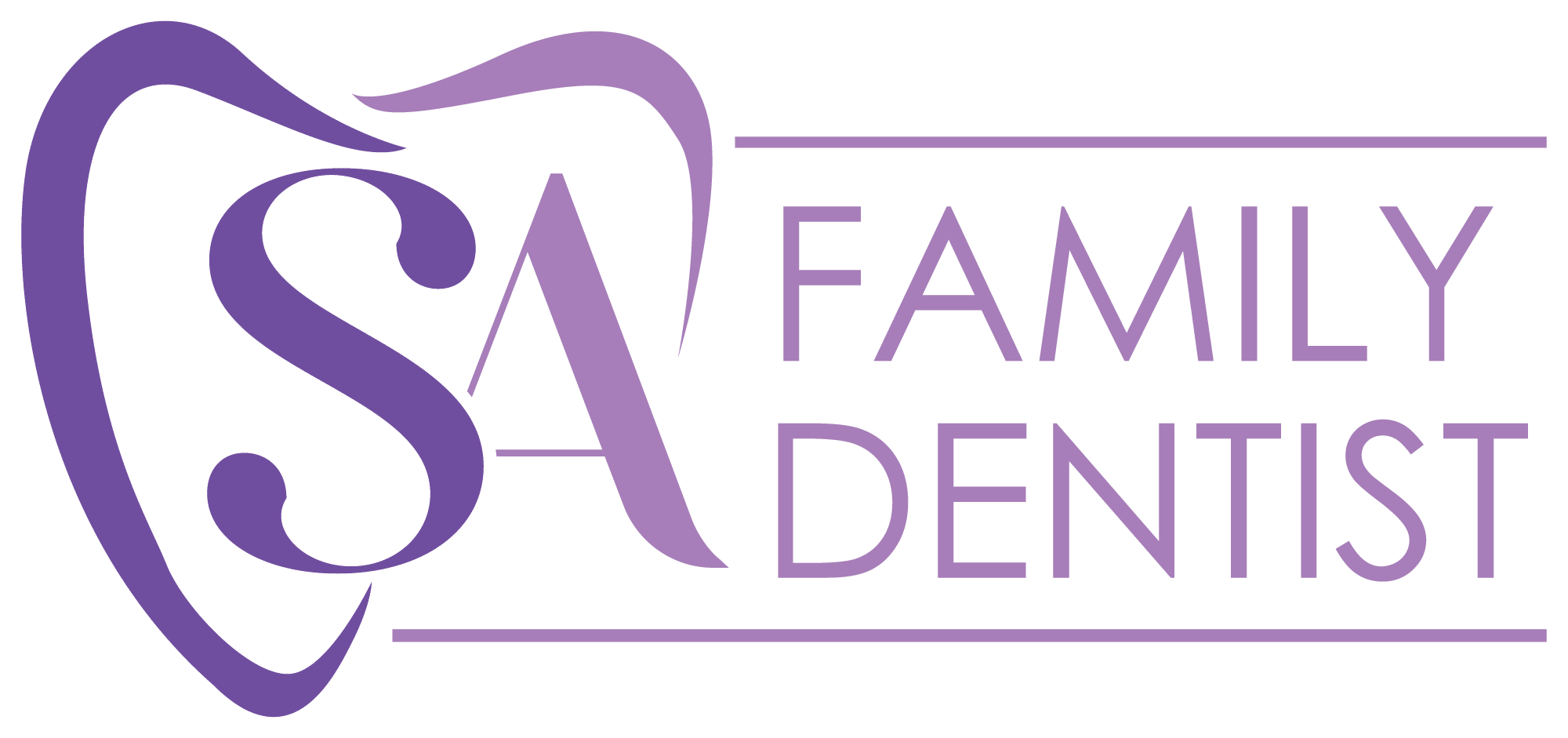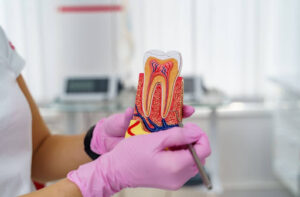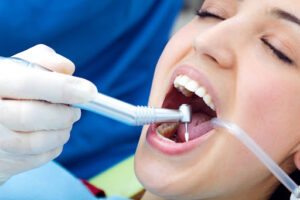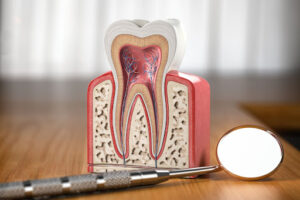A throbbing toothache in the middle of the night or a broken tooth during weekend activities can leave anyone feeling helpless and confused. Understanding what qualifies as a dental emergency and knowing where to find emergency dental services can make a major difference in protecting your oral health. Some dental issues can wait. Others need swift, skilled care from a professional to prevent serious complications.
When Minutes Matter: Recognizing Critical Signs
Some dental emergencies go beyond the mouth. They can pose a threat to your general health if not addressed immediately.
Look out for these red-flag symptoms:
- Swelling that affects breathing or swallowing
- Facial puffiness extending toward the neck or throat
- Fever combined with jaw or gum swelling
- Pain that spreads to the ear or neck
These could be signs of a dangerous infection. You should contact an oral health doctor without delay. Waiting too long can cause the infection to spread to other parts of the body. In rare cases, it can become life-threatening.
Immediate Action: Situations That Need Fast Response
While not every toothache is urgent, there are scenarios where every second matters. You may need care within minutes or hours.
Knocked-Out Tooth:
- Try to hold the tooth by the crown, not the root
- Rinse it gently with clean water—don’t scrub
- If possible, place it back in the socket carefully
- If that’s not possible, keep it in milk or your own saliva
- Seek dental help immediately for the best chance of saving it
Uncontrolled Bleeding:
Bleeding from the mouth after an injury or procedure should stop with gentle pressure. If it doesn’t:
- Apply a clean gauze pad or cloth
- Press firmly for at least 10 minutes
- Avoid aspirin, as it can thin the blood
- If it continues, you need professional care right away
The Subtle Signals You Shouldn’t Ignore
Some emergencies don’t involve dramatic injuries but can still indicate serious issues below the surface.
These signs may not seem urgent but could be warning signs of deeper problems:
- Persistent metallic taste in the mouth
- Sudden facial numbness or tingling
- Swelling with pain that comes and goes
- Unexpected sensitivity to hot or cold
These signs may point to nerve damage, infections, or an abscess forming. An emergency dental doctor is trained to diagnose these subtle issues and begin treatment before they get worse.
Knowing the Difference: Urgent or Can Wait?
Understanding what’s urgent versus what can wait will help you stay calm and make informed decisions. Here’s a quick breakdown:
Needs Immediate Care:
- Severe, unrelenting tooth or jaw pain
- Knocked-out adult teeth
- Swelling that affects your ability to eat or speak
- Jaw injuries that make it hard to open or close your mouth
- Bleeding that doesn’t stop
Can Usually Wait for a Scheduled Visit:
- Mild toothaches
- Lost fillings or crowns with no pain
- Small chips that don’t hurt
- Food stuck between teeth
- Minor sensitivity
In borderline cases, it’s best to call your dentist for guidance. It’s better to ask than to assume it’s not important.
How to Handle a Dental Emergency Before Help Arrives
Waiting for your appointment or on the way to the dentist? Here’s how you can manage symptoms safely in the meantime:
To Reduce Pain:
- Rinse your mouth with warm salt water
- Apply a cold compress to the side of your face
- Avoid hot or sugary foods
- Keep your head elevated
- Take only dentist-approved pain relief medication
For Broken or Cracked Teeth:
- Rinse with water to clean the area
- Collect and store any pieces of the tooth
- Use dental wax or sugarless gum to cover sharp edges
- Do not bite down on that side
Even temporary steps can help avoid further damage until you reach professional care.
Simple Habits That Help Prevent Emergencies
Though not all emergencies are avoidable, some common-sense practices reduce the chance of dental injuries or infections.
Prevention Tips:
- Wear a mouthguard during contact sports
- Don’t chew ice or hard candies
- Brush and floss daily
- See your dentist twice a year for check-ups
- Fix minor problems early before they worsen
Good habits may not prevent every issue, but they make your mouth stronger and more resilient to sudden trauma or infection.
What to Ask and Do When in Doubt
You might hesitate to act because you’re unsure. Here are helpful tips for evaluating your situation.
Ask Yourself:
- Is the pain getting worse quickly?
- Is there swelling, numbness, or bleeding?
- Can I eat, sleep, or speak normally?
- Have I had a dental issue here before?
If your answer to any of these is yes, don’t wait. Call a dental provider or head to an urgent care dental clinic.
Be Prepared With:
- An emergency dental kit at home
- Your dentist’s after-hours number saved
- Knowledge of the closest dental urgent care
- A list of medications you’re taking
- Contact info for your insurance provider
Being prepared helps reduce panic and speeds up your response in stressful moments.
Some dental issues need urgent attention, but not every situation is the same. Trusting your instincts and knowing the warning signs can help you act with confidence. Whether you’re dealing with a lost tooth, facial swelling, or just something that feels “off,” don’t ignore the signals your mouth is sending.
Professional help is available around the clock through SA Family Dentist, your trusted partner for emergency dental services in San Antonio.
